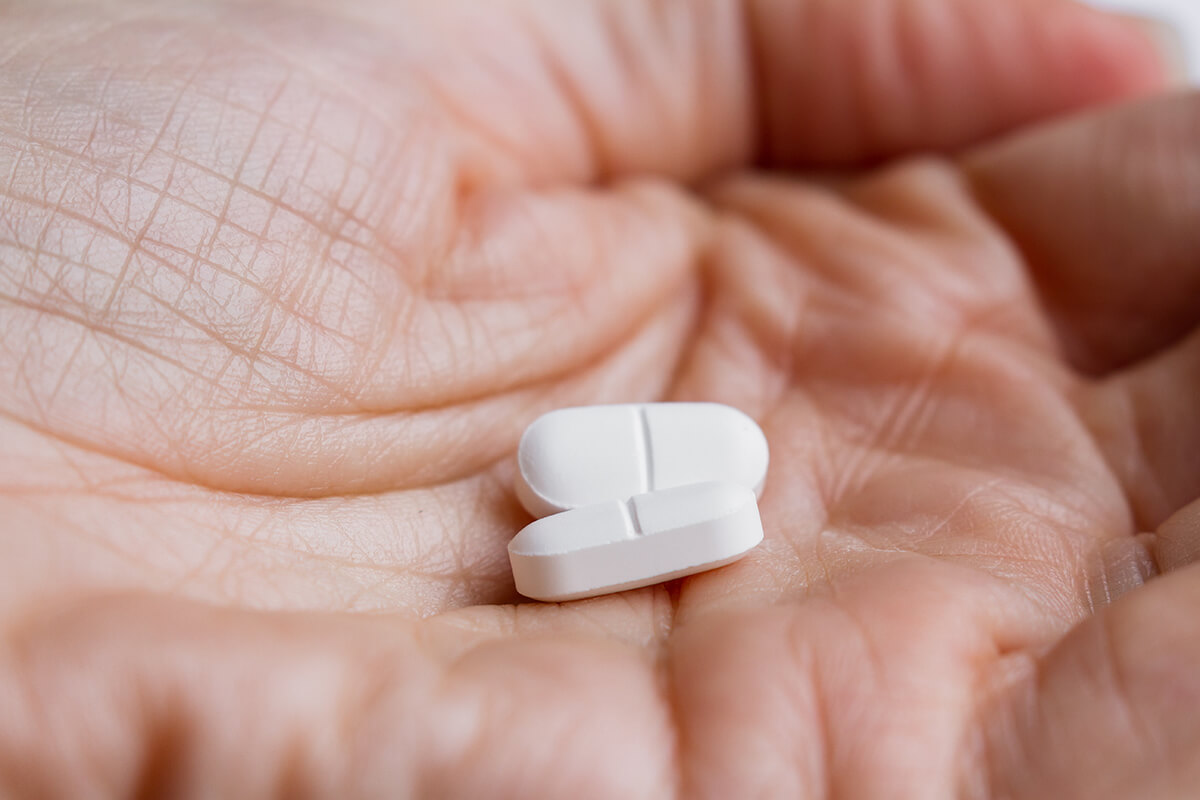It isn’t uncommon for individuals to relate illegal drug use when they hear about substance abuse. However, the fact is that many prescribed medications are as addictive as illicit drugs and require support and drug detox in Ohio from Midwest Detox Center.
There are people from all walks of life who struggle with pill-popping prescription drug abuse. When you learn more about this crisis, it’s easier to deal with this issue for yourself or within your family.
Concerns About Pill-Popping Drug Abuse
Millions of people across the country admit to misusing prescription medications or suffering from pill-popping prescription drug abuse. When someone is popping pills, that can quickly lead to addiction. Most of the time, when people pop pills, they do so without intending on developing an addiction. The more often an individual uses prescription drugs, it causes changes in their brains that causes them to need more.
Some people report that they’re not abusing these drugs because they want to feel high. Instead, they keep taking more because they want to feel normal. It isn’t uncommon for those who get stuck in this cycle to feel concerned about receiving help.
That stress of realizing that a problem exists could lead to physical drug cravings to increase. The main reason is that an individual’s brain becomes used to the drug’s presence. That could result in feeling like it’s impossible to achieve the same “feel good” effect the prescription drugs create. So, for some, that results in them needing to take it more often.
About Pill-Popping Prescription Drug Treatments
Detox is the first thing someone with a pill-popping addiction must deal with when entering into recovery. When detoxing, individuals are clearing all traces of prescription drugs from their system. If individuals stop taking some prescription drugs suddenly, like benzodiazepines, that could cause fatal withdrawal symptoms. That’s why people must go through detox under medical supervision. That way, it’s possible to reduce dosages using non-addictive medications safely.
Addressing the addiction itself is the next step. If you or a loved one is suffering from pill-popping prescription drug abuse, there are several therapies available. Examples of these therapies include:
- 12-step recovery program
- Family therapy program
- Group therapy program
- Individual therapy program
- Trauma-focused treatment
Identifying Prescription Drug Abuse
It isn’t a sign of addiction if you or someone you know is using prescription drugs and are following to doctor’s recommendations. It’s pill-popping prescription drug abuse when you take more than what the doctor prescribes. That could mean individuals are taking medications after their prescription runs out or taking larger dosages.
Physical signs of pill-popping prescription drug abuse vary according to the medications. For example, some physical signs could include the following:
- Drowsiness
- Insomnia
- Jitteriness
- Paranoia
- Poor coordination
- Unsteadiness
Classic Signs of Prescription Drug Abuse
Most who develop substance abuse disorders may also display the classic signs of prescription drug abuse. That could include losing interest in activities, hobbies, and socializing. That could also mean they’re not keeping up with their work and other life responsibilities. You might also notice that they’re developing an obsession with pill-popping.
Another class sign of prescription drug abuse includes, when drugs aren’t available, that could cause sadness or irritability. You might also notice that these individuals are willing to engage in risky behaviors, like forging prescriptions or stealing. That way, they can obtain the prescription drugs they think they need.
Learn More Facts About Pill-Popping Drug Abuse at Midwest Detox Center
If you or someone that you know received a prescription, like for pain relief, and taking it has gotten out of hand, you’re not alone. Pill-popping prescription drug abuse is rampant across the country. There are many treatment options available, but you must start with detox.
Contact Midwest Detox Center at 833.647.0392 to learn more about how you don’t have to go through this alone and how to receive support.







